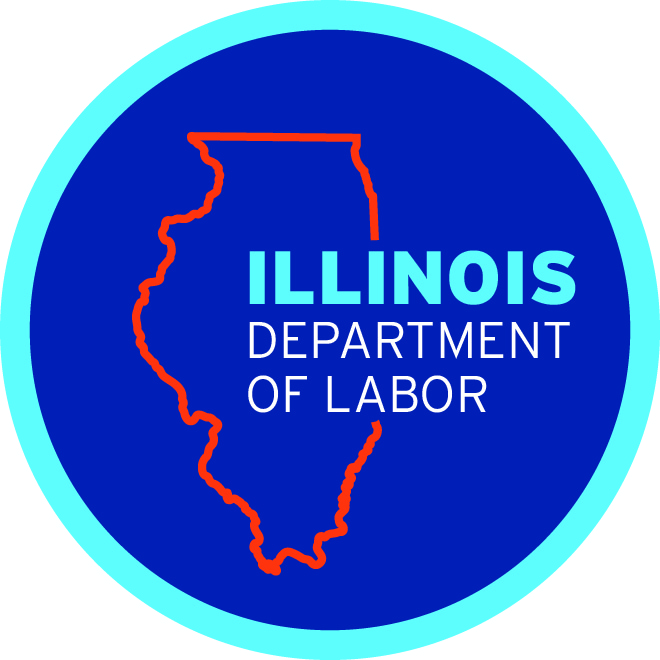Because pay disparities may arise or become apparent at the start of the employment relationship, the IL EPA seeks to increase transparency in pay, benefits, and opportunities at the time of hire.
For any job posting for work with a covered employer, the job posting – whether internal or external – must include the pay scale and benefits for that position.
If a covered employer engages a third party to make a job posting known, Pay Transparency applies to their actions as well.
Pay Transparency applies to job postings for all types of positions, including those for temporary, student, part-time, seasonal, intermittent, confidential, and union-covered positions. The only explicit Pay Transparency exemption is for positions in the State of Illinois workforce designated as exempt from competitive selection, though the general exception from IL EPA coverage for independent contractor positions also applies here.
A related provision requires employers to let their staff know of their publicly-advertised job opportunities, so they can consider whether to apply (“Promotional Opportunity”). 820 ILCS 112/10(b-25). If an employer, or third party engaged to act on their behalf, externally publishes a specific job posting, the employer must within 14 days make all opportunities known to all employees. This Promotional Opportunity aspect of job postings often is included in or referred to under the umbrella of Pay Transparency.
If an employer engages in the hiring process without a job posting, the employer or employment agency shall disclose to an applicant for employment the pay scale and benefits to be offered for the position prior to any offer or discussion of compensation and at the applicant's request, if a public or internal posting for the job, promotion, transfer, or other employment opportunity has not been made available to the applicant.
Because Pay Transparency and Promotional Opportunity issues can depend on many facts, please view IDOL’s Frequently Asked Questions and Training Slides to get more information. IDOL resources also include workplace posters and one-page fact sheets for employers and employees.

